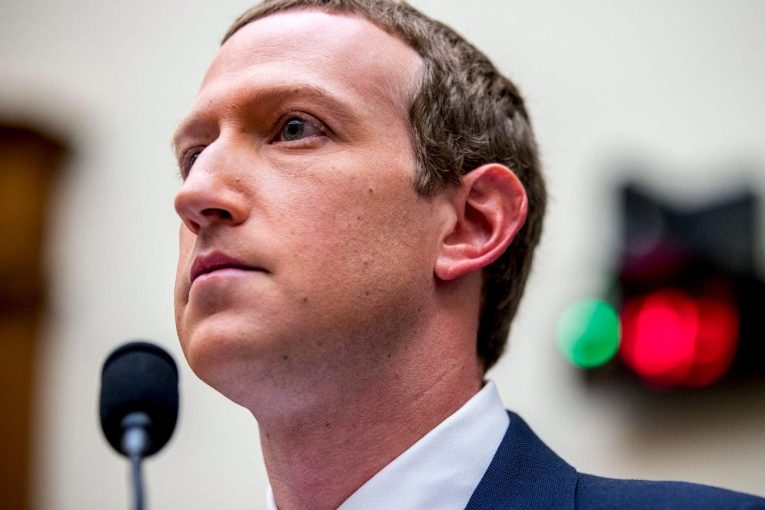

By Jose Orozco
During these upcoming weeks, several U.S. states and the Department of Justice (DOJ) will sue Facebook for separate matters: antitrust violations and allegations of discriminates against Americans during the hiring process.
According to CNBC, we know that 40 states will sign on the lawsuit, and the speculation is that the lawsuit is about monopolization.
CNBC reports that the main allegation made against Facebook is that it is strategically buying its rivals at a high premium. These rivals include Instagram and WhatsApp, bought in 2012 and 2014, respectively.
Facebook has been performing anticompetitive monopolization. According to The Federal Trade Commission, acquiring a monopoly through unreasonable methods is unlawful.
Facebook is taking advantage of its position by purchasing their competition with high prices. These purchases are concerning when considering Facebook’s success, and for someone worried about privacy, this monopolization is terrifying because Facebook has a reputation for selling private information to third parties.
As for the DOJ, Business Insider has reported that the lawsuit involves the Trump Administration, “The Trump administration has long said that it will stop the ‘replacement’ of US employees by highly-skilled foreign workers.”
Since October, Donald Trump has restricted H-1B visas, which has strongly impacted companies like Facebook and Google.
In June, Trump blocked foreign workers with an H-1B visa from entering the U.S. until the end of the year.
Now, Trump is seeking to sue tech companies, who are allegedly giving immigrant jobs rather than Americans.
Unlike the U.S. lawsuit, this is more contentious because of how troubling the case is, implying that Americans should win jobs over others who are more qualified because of their status as immigrants.
NPR reports that the DOJ alleged the following against Facebook: They have “refused to recruit, consider, or hire qualified and available U.S. workers for over 2,600 positions.”
And according to the DOJ, “Facebook allegedly reserved positions for temporary visa holders it wanted to sponsor for permanent residency––a green card.”
If this is the case, Facebook should face the repercussions of their unjust actions that manipulate the system.
However, this coming from the Trump Administration provides a lack of certainty.
Logically speaking, why would Facebook deny a more competent candidate that can readily work just by their residence in America? It does not make sense that any company would prefer to wait for a less qualified individual working for a few weeks.
The decision to hold for an H-1B visa candidate must then be because of their capacity to out-compete the others. This hiring method is not discriminatory; if one applies to a highly competitive environment like Google, Facebook and Apple, one should expect that being hired would be difficult even if you live in their backyard.
The Washington Post states: “If a U.S. worker applied for one of these jobs — and Facebook determined they were qualified — the company appeared to hire them in a different capacity, the lawsuit found. Federal law generally only allows a company to sponsor a temporary worker for a permanent position in cases where there is no qualified U.S. applicant.”
All in all, this lawsuit is contrary to capitalism and to America’s identity, whose immigrant hands built its foundation. If there was mistreatment of any kind, there should definitely be backlash.
But this is a discussion where we only are considering professionals with H-1B visas, where each individual is highly advanced in their field. The act of working in highly competitive environments means that being qualified is just not enough.
Ironically, the H-1B visa distribution did not slow under the Trump Administration.
The Washington Post’s report states, “Immigration attorneys complain that the approval process has acquired additional hurdles and takes longer. But quantitatively, more H-1B visas were distributed.”
Google CEO Sundar Pichai, who is an immigrant, tweeted in late June, saying: “Immigration has contributed immensely to America’s economic success, making it a global leader in tech, and also Google the company it is today.”
“[W]e’ll continue to stand with immigrants and work to expand opportunity for all.”
This is definitely the message we should be sending to others in place of the current display of xenophobic sentiment.